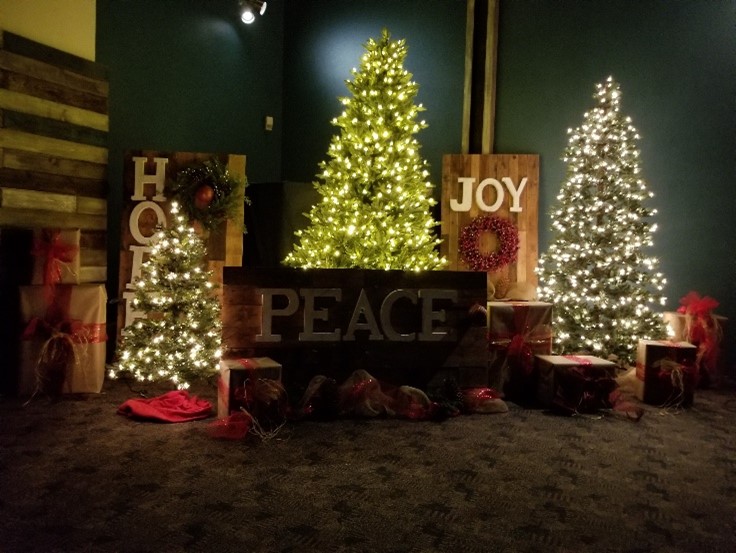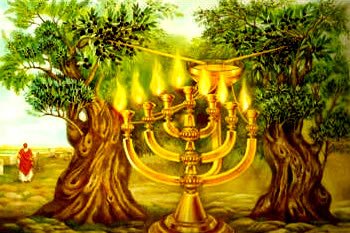
By Dan Amos
Christmas is one of my favorite times of the year. I like the music, the lights, and—when you can find it—the goodwill. Fran and I normally wait until after Thanksgiving before we do any decorating, and we get a tree while others are shopping. But this year, we both wanted some cheer early, so we got decorations out the first week of November. I put up lights outside. I haven’t done that in a while, but I just wanted some color and Fran put up an artificial tree and decorated it (followed by a cut tree after Thanksgiving). You know, “Christmas starts with a tree.”
I have a radio in my office playing Christmas music, but it’s mostly weather—because, Baby, it’s cold outside—or traffic reports about Grandma’s unfortunate encounter with a reindeer. Those songs are fun, and I enjoy them, but I really like the traditional songs we sing when we gather. One of my favorites is “God Rest Ye Merry Gentlemen”:
God rest ye merry gentlemen
Let nothing you dismay
Remember Christ our Savior
Was born on Christmas Day
To save us all from Satan’s pow’r
When we were gone astray
Oh tidings of comfort and joy
Comfort and joy
Oh tidings of comfort and joy
(verse 1)
That’s Christmas right there. Our Savior was born because we needed Him, we needed rescue. “Fear not: for, behold, I bring you good tidings of great joy, which shall be to all people. For unto you is born this day in the city of David a Savior, which is Christ the Lord.” (Luke 2:10-11)
In Bethlehem, in Israel
This blessed Babe was born
And laid within a manger
Upon this blessed morn
The which His Mother Mary
Did nothing take in scorn
Oh tidings of comfort and joy
Comfort and joy
Oh tidings of comfort and joy
(verse 2)
Why Bethlehem? Micah prophesized, “But you, O Bethlehem Ephrathah, who are too little to be among the clans of Judah, from you shall come forth for me one who is to be ruler in Israel, whose coming forth is from of old, from ancient days.”
But Joseph and Mary, who was great with child, lived in Nazareth, 100 miles away. Why should they be in Bethlehem? They went to Bethlehem at great discomfort for her to obey the directive of the government with which they probably didn’t agree.
“In those days Caesar Augustus issued a decree that a census should be taken of the entire Roman world. (This was the first census that took place while Quirinius was governor of Syria.) And everyone went to their own town to register. So Joseph also went up from the town of Nazareth in Galilee to Judea, to Bethlehem the town of David, because he belonged to the house and line of David. He went there to register with Mary, who was pledged to be married to him and was expecting a child.” (Luke 2:1-5)
God used taxes and the Roman occupiers to fulfill prophecy. And that gives me great hope. In times when God’s people were under oppression, when things seemed lost, God sent his Son and He made the seemingly impossible, possible. This Christmas caps a distressing year, but God remains in control. Looking at our tree or the bushes in the yard or the trees on Elim’s stage, I am reminded of that hope, the promise of Christ.
Hark, the herald angels sing, “Glory to God in the highest, and on earth peace, good will toward men!”
Views – 249
 Follow
Follow